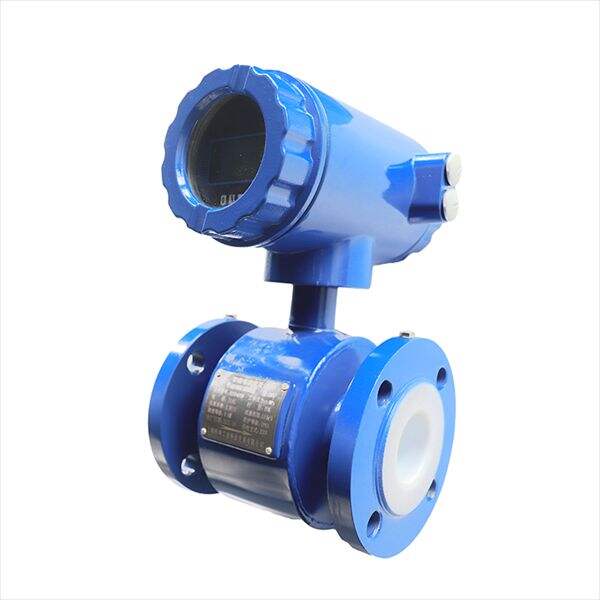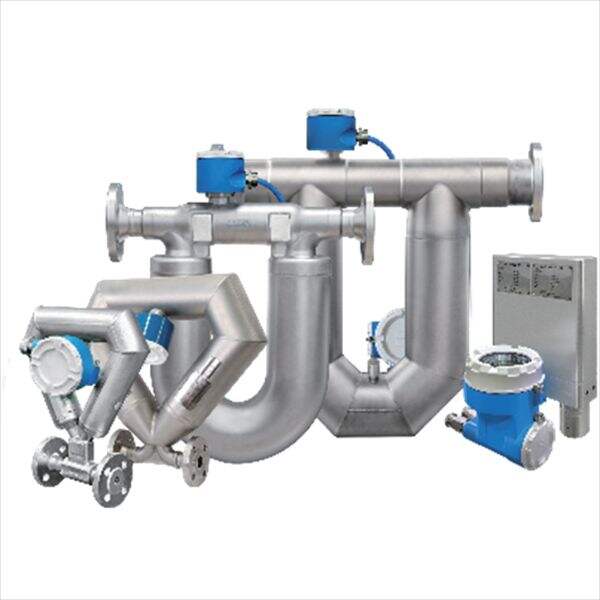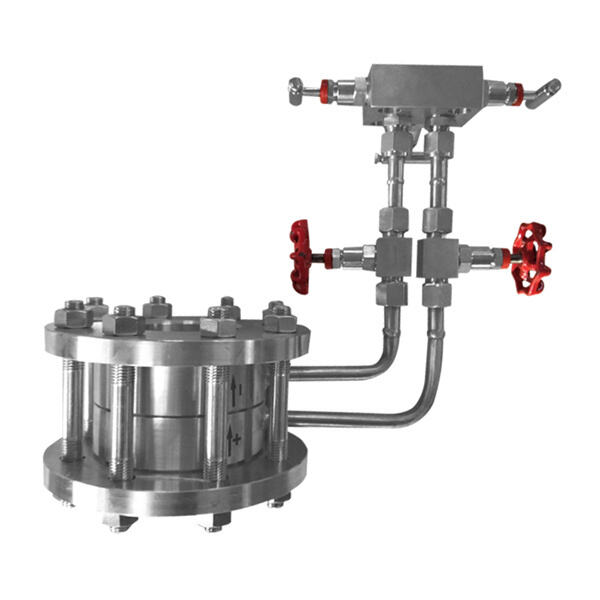Get to Know Industrial Pressure Sensors
As we all know, technology has been rapidly advancing, and innovation has brought countless benefits to our daily lives. One of those KEKUN innovative products is the air flow meter industrial pressure sensor. This machine has brought significant changes to the industrial world, ensuring safety and efficiency. We'll explore what makes industrial pressure sensors stand out and how they can benefit you.
Industrial pressure sensors are commonly used in industries such as oil and gas, automotive, pharmaceutical, and agriculture. These sensors have become crucial to keep industrial systems running smoothly. The KEKUN catalyst of popularity around the industrial pressure sensor is its accuracy and dependability. The combination of their control capacity and reliability has increased productivity and revenue for businesses. In addition, the oxygen flow meter sensors can measure pressure in extreme environments, whether hot or cold, and remain unchanged.

The use of industrial pressure sensors has been prevalent for over fifty years, but KEKUN recent advancements in technology have led to even more innovative features. We now have the smart pressure sensor, which can read data on vibrations, temperature, and humidity in addition to pressure. This added benefit has increased the lifespan of the sensors and made their use even more important in industries. Another innovation in the design includes a wireless industrial pressure sensor that can deliver instantaneous data directly to you. This differential pressure transducer technology makes recording and monitoring of industrial systems more accessible and safer.

There is no denying that industrial systems always pose a risk to personnel. Over the years, there have been KEKUN safety regulations put in place to protect employees and equipment in industrial systems. Industrial pressure sensors have contributed greatly to this pressure differential transmitter protection. Using an industrial pressure sensor can protect machines from bursting or leaking, causing serious injury to workers. When a pressure sensor detects a rise in pressure, it can immediately sound an alert, stopping systems before they malfunction. Furthermore, sensors can detect and warn of pressure drop, which can indicate a leak.

The easiest and most common way to use an industrial pressure sensor is by fitting them into the industrial system where you require measurement. Except for wireless sensors, wires connect the rest. In the KEKUN case of wireless sensors, the machine's remote control can be attached to a gas flow meter computer or mobile machine on which you can record data. You can also set up thresholds for alarms and automatic shutdowns based on specific pressure measurements.
We a 3000 square-meter production factory six industrial pressure sensor lines, more 40 types products, over hundred models, which applied fields such semiconductors environmental protection, water, metallurgy, petroleum, natural gas, medical, food.
industrial pressure sensor, research instituted company based technologymainclients flowmeters.They provided services more 20,000 customers across world export more60 countries
main products company included pressures transmitters as well liquid level transmitters.Thermocouples, gas analyzers water quality analysisanalysts industrial pressure sensor.
company holds certifications ISO9001, CE SGS. it holds several patents, magnetic suction sensors, orifice flow meters, well as high-temperature equipment analyzing industrial pressure sensor which protected independent intellectual property rights.
When using industrial pressure sensors, quality is paramount. Therefore, KEKUN is recommended that you purchase sensors from a trusted seller. Quality sensors come with warranties and offer superior performance in comparison to sub-par sensors. In addition, established providers often offer technical support and repair. Therefore, if you ever experience an issue with flow transmitter industrial pressure sensor, you can contact the provider for a quick solution.
Copyright © Weibao Information Technology (Shanghai) Co,Ltd. All Rights Reserved